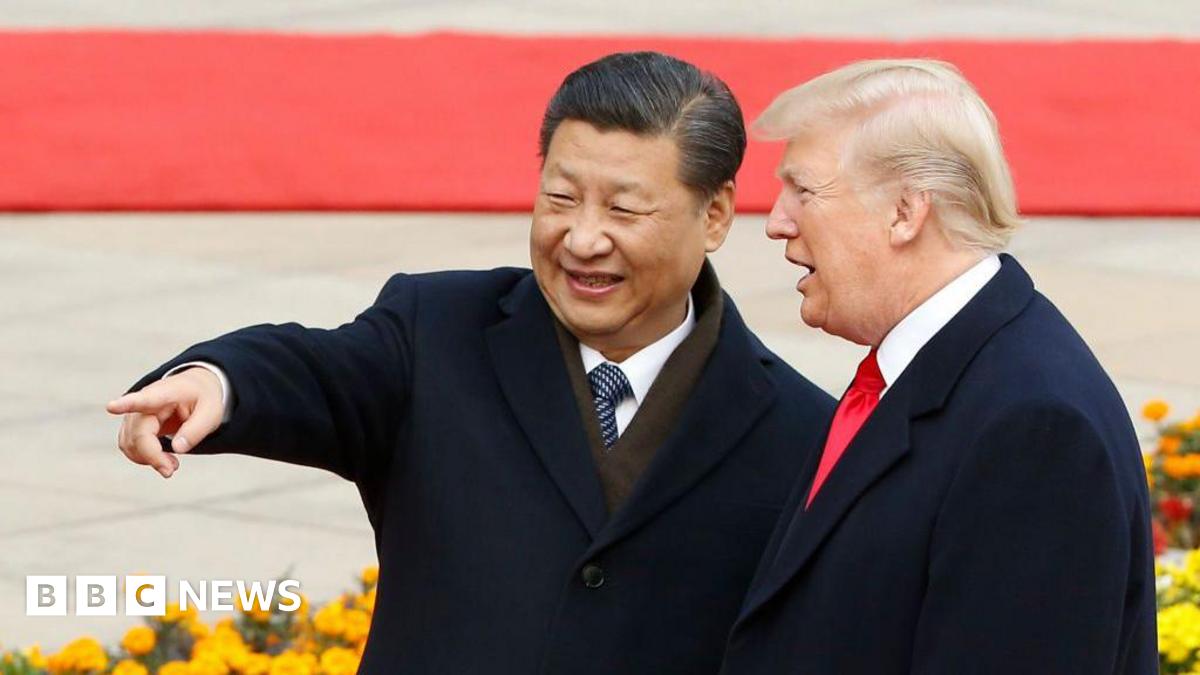China expert Jonathan Czin, a fellow at the Brookings Institution, said Xi’s recent actions were a bid to shape the upcoming talks, noting that the recent rare earths directive does not go into effect immediately.
“He’s looking for ways to seize the initiative,” he said. “The Trump administration is having to play a game of whack-a-mole and deal with these issues as they come up.”
He added that he did not think China was worried about US retaliation in response.
“What China took away from the Liberation Day tariffs and the cycle of escalation followed by de-escalation is that the Chinese side had a higher pain threshold,” he said. “From their perspective, the Trump administration blinked.”
In prior rounds of trade talks, China has pushed for looser US restrictions on semiconductors. It is also interested in securing more stable tariff policies that would make it easier for its businesses to sell into the US.
Xi has previously used as leverage his country’s dominance of production of rare earths, critical minerals and specialised magnets.
But the export rules unveiled this week target overseas defence manufacturers, making them particularly serious, said Gracelin Baskaran, director of the critical minerals security program at Washington-based Center for Strategic and International Studies.
“Nothing makes America move like targeting our defence industry,” she said. “The US is going to have to negotiate because we have limited options, and in an era of rising geopolitical tension and potential conflict, we need to build our industrial defence base.”
While a Trump-Xi meeting now looks unlikely, she said it was not necessarily completely off the table. Ms Baskaran said there’s still time and room for talks. China’s new rules don’t take effect until December.
“Negotiations are likely imminent,” she said. “Who does them and where they happen will be determined with time.”

